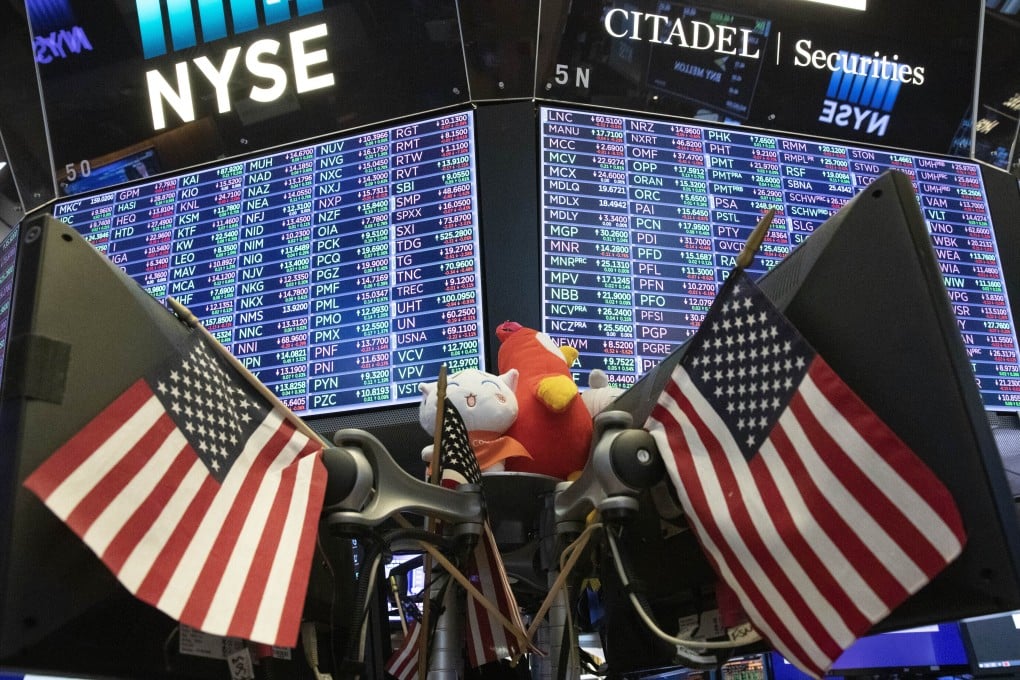Advertisement
Trump’s ban spoils year-end party as stock index rejigs put China Mobile, CNOOC in line of fire
- Index compilers are reconstituting their stock gauges before a ban on US investors kicks in next year, with passive funds certain to mirror them
- Removing big guns like CNOOC, China Mobile and affiliated units from benchmarks would cause greater concerns to investors: Ample Capital
Reading Time:4 minutes
Why you can trust SCMP

China’s stock market should end the year with a bang after a scintillating rebound from the pandemic-driven sell-off in March. Like the local economy, its key benchmarks have outpaced those in several developed equity markets, and access to foreign investors has never been wider.
Advertisement
Instead, near-term optimism has waned with controversies likely to greet the new year. Global index compilers are loosening their embrace of companies deemed to have ties to blacklisted Communist Chinese military. US mutual funds with US$4.3 trillion of assets dedicated to index-based investing are certain to mirror the move to minimise tracking errors, when the investing ban on Americans takes effect on January 11.
The US has blacklisted 35 firms with at least 3 trillion yuan (US$458 billion) of market value in a US$10 trillion domestic market. Where represented, they account for 2.97 per cent, 1.9 per cent and 2.01 per cent weight in A-share indices compiled by MSCI Inc, FTSE Russell and S&P Dow Jones Indices. There is still confusion if the ban includes their affiliated constituents.
“The rebalancing act is not at its most disruptive just yet,” said Alex Wong, director of asset management at Ample Capital in Hong Kong. “The current gesture is that they are removing those companies that are not too significant from the list. When they start throwing CNOOC and China Mobile out, then we should be more concerned.”
The blacklisting is a party-pooper to an otherwise solid market run. The CSI 300 Index, which tracks the biggest firms on Shanghai and Shenzhen exchanges, has risen 19.4 per cent this year, outpacing major gauges in the US, Europe and Japan. Successive quarterly gains since March 31, at a cumulative 32.6 per cent, mean Chinese stocks are entering 2021 with the strongest tailwind since June 2015.
Advertisement

Advertisement